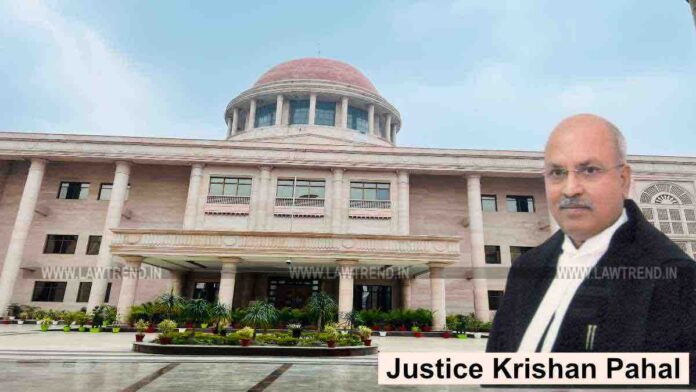In a critical ruling underscoring the constitutional right to liberty, the Allahabad High Court, Lucknow Bench, granted bail to twelve individuals accused in the Lakhimpur Kheri incident. The court’s decision, delivered by Justice Krishan Pahal, reinforced the judicial principle that “bail is a rule, jail an exception,” while highlighting the prolonged pre-trial detention of the
To Read More Please Subscribe to VIP Membership for Unlimited Access to All the Articles, Download Available Copies of Judgments/Order, Acess to Central/State Bare Acts, Advertisement Free Content, Access to More than 4000 Legal Drafts( Readymade Editable Formats of Suits, Petitions, Writs, Legal Notices, Divorce Petitions, 138 Notices, Bail Applications etc.) in Hindi and English.




